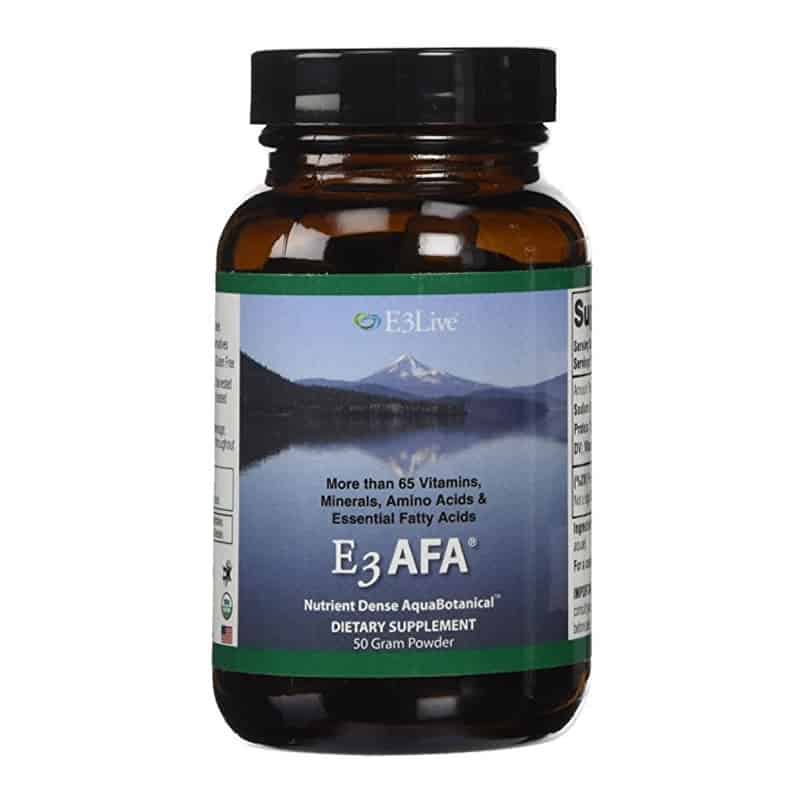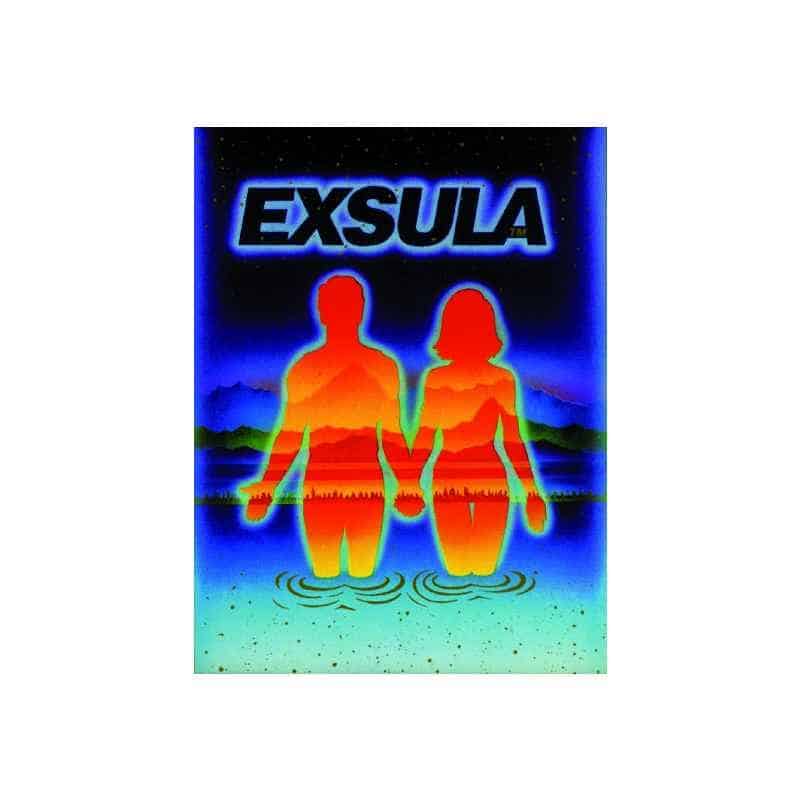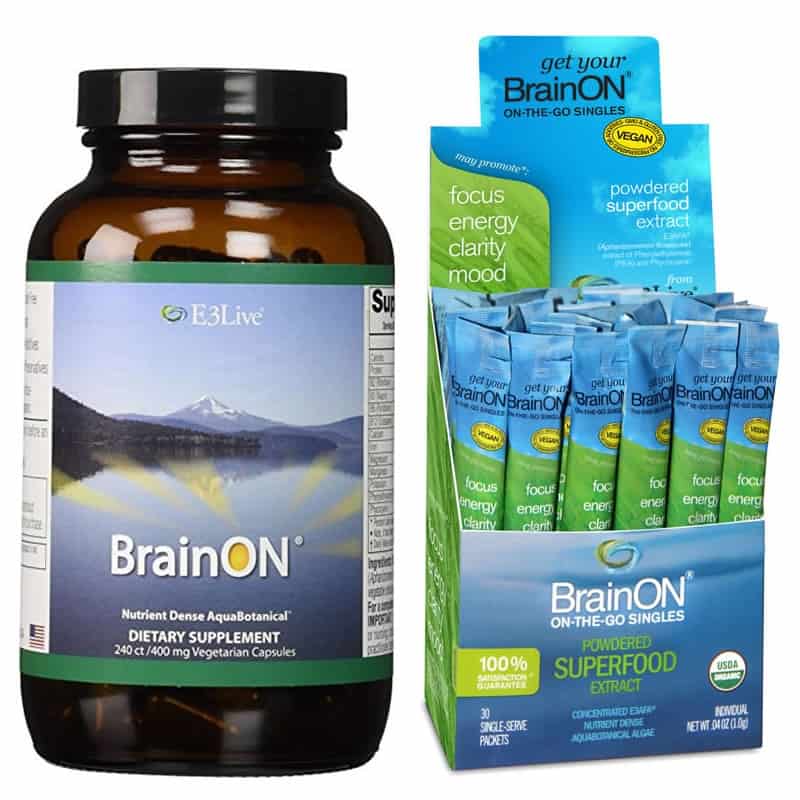No products in the cart.
Nutrient Dense Seaweed
Icelandic Kelp (Laminaria digitata), also known as kombu, is a wonderful (and clean!) sources of not only the minerals such as iodine, but also of fucoidan complexes that protect your health in many ways. A favorite invigorating supplement of health enthusiasts, dieters and body builders, kelp contains a wealth of vitamins, minerals and phytonutrients including chlorophyll. Laminaria is especially valued as a reliable source of the essential mineral iodine, often lacking in land-crop-based diets where reduced consumption of iodized salt is practiced. Kelp’s iodine and trace mineral synergists are indispensable for proper thyroid function and conversion of fat to energy. Essential nutrients for keeping hands and feet warm.
Iodine, trace minerals, vitamin, minerals, chlorophyll.
Kelp is the common name for seaweed. It absorbs fats and has been shown to have efficacy for obesity, cellulitis and rheumatism. It is rich in nutrients, containing 30 minerals, so it is especially beneficial for anyone who is mineral deficient. It is reported to be beneficial for the brain and nervous system and the spinal chord. Kelp contains iodine which stimulates the thyroid. Kelp has also been reported to improve skin, nails and hair, protect against radiation, soften stools and treat obesity and ulcers. This herb contains calcium, sulfur, silicone, carotenes, B-complex, and vitamins C, K, E and R.
Kelp contains chlorophyll, naturally chelated minerals, 25 vitamins including Folic Acid, Vitamins A, B12 and D, often lacking in vegetarian diets, sodium alginate, which actively helps remove radioactive elements and heavy metals from the body, and sterols, which are reported to exhibit anti-hyper-cholesterolemic activity, as has B-Sitosterol in humans. It is the only rich natural source of vegetable Vitamin D.
Kelp tops the list for calcium, potassium, magnesium, iron, iodine, and is also very high in sulfur.
Seawater and human blood are almost identical in chemical make up. 92 different mineral elements have been found in seaweeds, including some elements which we require only in trace amounts, but whose presence is nonetheless vital to our complete well-being. Seaweeds contain many times more minerals than land grown plants, as much as 50 times more according to Dr W Black. (Black W, Proc Nutr Soc (Eng), 32, 1953). It is expected that land-grown plants are less mineralized these days.
Natural foods synthesize essential nutrients, but kelp does it more efficiently, providing perfectly chelated mineral micro-nutrients and essential fatty acids. Kelp is in known to improve intestinal flora. Organic iodine acts as a thyroxin precursor and regulates metabolism. Kelp can supply daily requirements of carotenoids, vitamins A, B1, 2, 6 & 12 and D and pantothenic acid.







